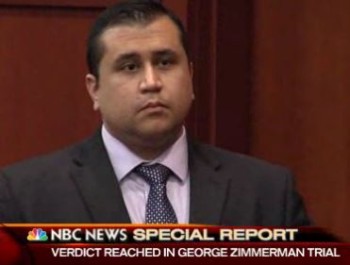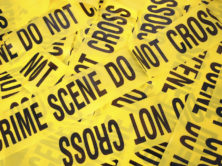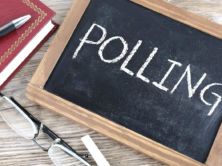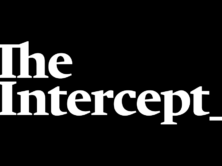
(Credit: NBC News, screenshot)
Days after George Zimmerman’s July 13 acquittal in the killing of Trayvon Martin, Zimmerman’s lawyer in civil court, James Beasley, has confirmed that he will move to resume his client’s libel suit against NBC.
“We are going to get the libel case restarted,” Beasley wrote in a July 15 email to iMediaEthics.
Beasley is currently requesting a lift on the stay on the defamation case, requested by NBC in February while awaiting the outcome of Zimmerman’s criminal case.
In December 2012, Zimmerman filed a defamation lawsuit against NBC for misrepresenting the record of his call with a 911 responder when he first spotted Trayvon Martin. The call was aired during a broadcast NBC’s Today in mid-March 2012.
The edited tape suggested that Zimmerman described Martin was “up to no good. He looks black,” when in fact the full transcription of the tape shows that he was prompted by the 911 dispatcher to identify Martin’s race. The clips solicited heavy criticism from rival media outlets as well as the public, and NBC issued an apology in April 2012 for their edited broadcast of the tape.
“During our investigation it became evident that there was an error made in the production process that we deeply regret,” NBC said in a statement issued last April.
The broadcast network also proceeded to fire key staff members involved in cutting the tape at local broadcast stations. Miami-based producer Lilia Luciano and Miami-based reporter Jeff Burnside, two of the defendants cited in the complaint for the case, were among the three NBC staff members fired.
However, Beasley said he “absolutely” believes that there was malicious intent behind NBC’s mistakes. “You don’t just splice four pieces of tape together and call it an error,” he said in a phone interview with iMediaEthics.
Iowa law professor Russell Weaver told iMediaEthics by phone that under U.S. civil law, because Zimmerman is a public figure due to his exposure in the media, the bar for proving libel is to demonstrate that the media outlet acted with actual malice — in this case, that NBC aired the cut tape with intent to harm Zimmerman’s reputation.
The complaint for the case, filed last December, also claims that NBC Today correspondent Ron Allen falsely accused Zimmerman of uttering a racial epithet on the air, despite the fact that local police had concluded that Zimmerman had not committed a hate crime.
The complaint further states that “with proper sensationalizing and manipulation, a racial powderkeg that would result in months, if not years of topics for their failing news programs,” implying that the racial spin on the story would also provide an opportunity for up-and-coming NBC reporters to “‘make their mark’” by reporting on the story.
When the case was first filed, media outlets such as Fox News, Breitbart.com, and Hot Air speculated that NBC could lose millions in the face of this case.
However, some legal experts point out to iMediaEthics that even with the evidence presented, it will be difficult, as it is in all libel cases, to prove actual malice.
“The case could turn in Zimmerman’s favor if a whistleblower steps forward to corroborate malicious intent that the complaint alleges,” Alan Behr, an intellectual property lawyer at the Philip Nizer firm wrote in a July 18 email. “If there is an email in the files from a producer or reporter that says something to the effect of, “Let’s get this guy — I simply hate him,’ Zimmerman might be on the road to proving actual malice,” he wrote.
Weaver agrees that libel cases have been hard to win.
“The threat of defamation litigation is really low in the U.S. because in the overwhelming majority of cases, they are going to lose,” he said in a July 20 phone interview.
Weaver pointed out that since the landmark New York Times v. Sullivan Supreme Court case, which established libel law under the First Amendment, libel has been extremely hard to prove.
“You would have to see a complete breakdown of journalistic integrity in order to prevail,” he said.
Liz Fischer, NBC Universal Vice President Corporate Communications wrote in an email that NBC had “no comment.”
Beasley is currently preparing a stipulation with the NBC defense counsel, and expects to file the stipulation to lift the stay by the end of the week, he told iMediaEthics.






Zimmerman suing NBC will subject him to vigorous cross examination on the witness stand without any legal protection.
That’s a very interesting observation! Thanks for sending it in.Sydney Smith, iMediaEthics